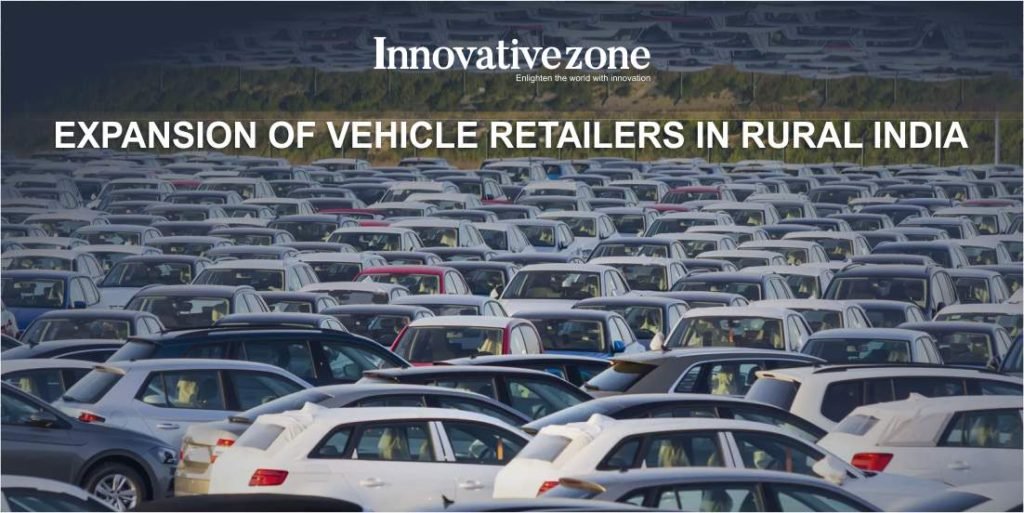EXPANSION OF VEHICLE RETAILERS IN RURAL INDIA
BY: SNEHA CHAUDHARY
- DIFFICULT TO WORK IN URBAN AREAS.
- VEHICLE RETAILER COMPANIES EXPAND THEIR BUSINESS IN RURAL AREAS.
- REDUCED THE NUMBER OF OUTLETS OF SALES PRODUCT.
- SALES STAFF WORKFORCE REDUCED DURING PANDEMIC.
It’s challenging to work in urban areas, so the vehicle retailers are trying to expand their business in rural areas. Vehicle retailers may have to face lots of trouble, so tackling with rural sentiment they have a chance to attract people during the monsoon season, and it is a realistic scenario that occurs in market competition.
Customers have a preference for choosing one product over another if they find it innovative. Dealers reduce the number of outlets to maximize the sale of a product and prevent competition amongst dealers of the same brand.
Vinkesh Gulati, Capitalize of the Federation of Automobile Dealers Associations (FADA), said he hasn’t seen a dealer who is going out of business due to COVID-19. Though, there have been some instances of rightsizing, where retailers and dealers have shifted to small locations and rent is lower or some of them had to shut down their business outlet.
While vehicle manufactures are ramping up product for the festive season and analyzing vehicles’ weak sales from last festive season. Currently, dealers are going back off with huge stocks because the profit of sales is below expectations.
Sales in passenger Vehicles by 86% reflects the deep-rooted malaise in the sector such that sales of even passenger vehicles are at absurd low levels. Forget about the other Private vehicle sales, due to this sharp decline in sales the employment opportunities are getting disturbed. The entire Taxation Policy needs to be revamped with some innovation strategy.On behalf of the vehicle retailer, a report was launched. It stated that decapitalize of two-wheeler vehicles are recovering, but commercial and three-wheelers sales are reducing and vehicle sales continue to be subdued, due to COVID-19.
The dealers of Honda Motorcycle and Scooter manufacturers were found to be more satisfied with the average of KIA Motors and Toyota vehicles. Manufacturers support amongst two-wheeler makers.
The sales data for May reflected this sentiment. Tractor sales, which are entirely rural bound, declined by 76%, as against decline above 86% for other segments.


